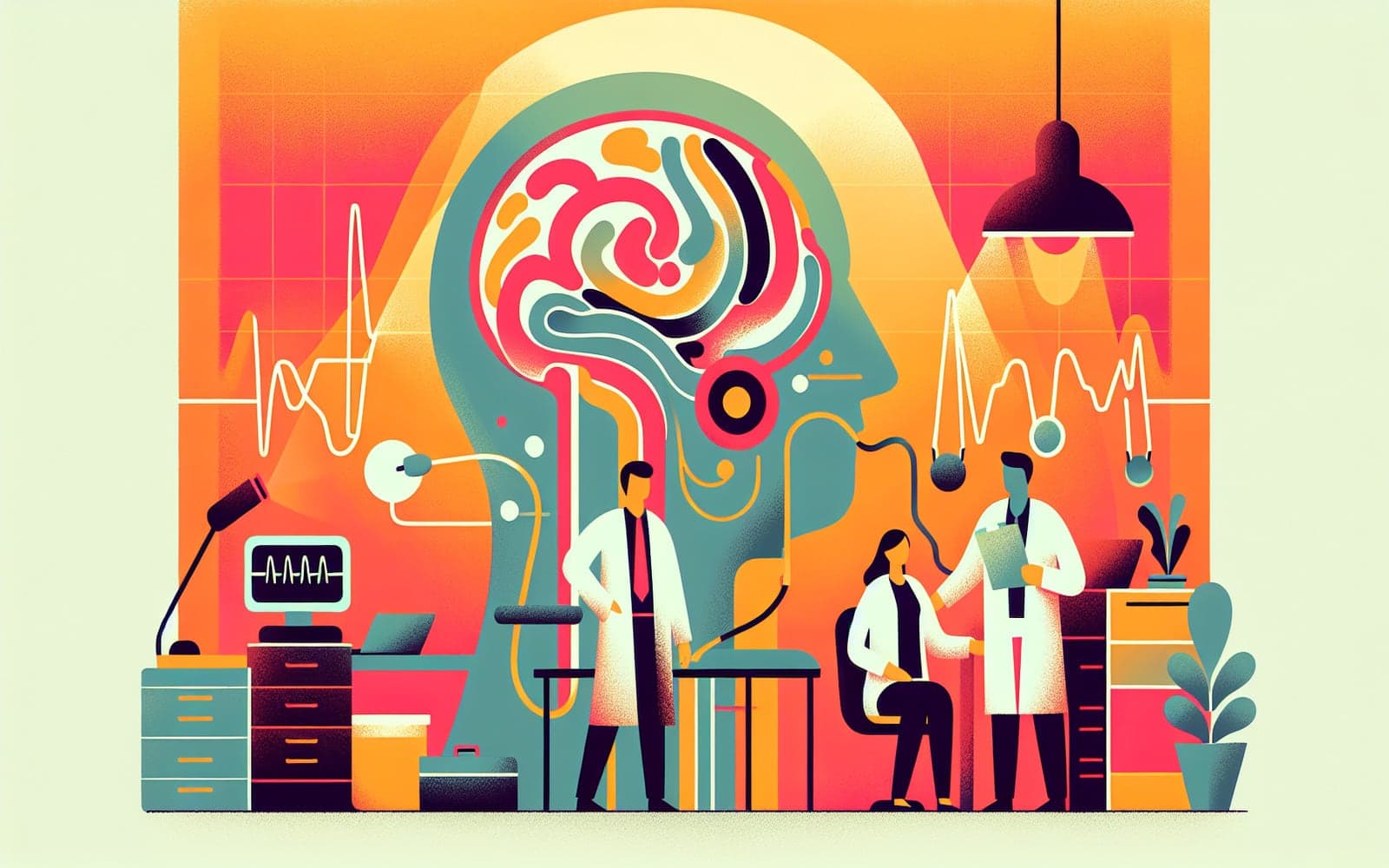Unraveling the Mystery: What Does a Neurological Exam Reveal?
Published: Feb 07, 2024
Understanding what happens during a neurological exam can help demystify the process. This article breaks down the various components of the exam, making it easier to grasp its significance.
Contents
The Basics of a Neurological Exam
A neurological exam is a series of tests that assess the health of your nervous system. It focuses on different areas such as mental status, cranial nerves, and motor functions. Doctors use these exams to identify any underlying conditions that may affect the brain, spinal cord, or nerves.
Mental Status and Cranial Nerves
The mental status examination evaluates consciousness, memory, and mood. It provides insight into cognitive functions and helps detect issues like memory loss. The cranial nerve test checks the nerves that connect the brain to different parts of the head, ensuring functions like smell, sight, and facial movements are normal.

Motor and Sensory Examinations
Motor examinations test muscle strength and coordination, crucial for identifying muscle or nerve damage. Sensory tests, on the other hand, assess the ability to feel touch, pain, and temperature, which are vital for diagnosing nerve disorders. These tests are tailored based on patient symptoms and history.
Frequently Asked Questions
It's a test to assess nervous system health.
It helps detect cognitive issues.
They connect the brain to the head.
It checks muscle strength and coordination.
Key Takeaways
A neurological exam can provide crucial insights into your nervous system health—what would yours reveal?
Curious about your neurological health? Chat with Doctronic for insights!Related Articles
References
Gelb, DJ. The Neurologic Examination. Introduction to clinical neurology, Butterworth Heinemann, 2000.
Kerr NM et al. Diagnostic accuracy of confrontation visual field tests. Neurology 2010; 74:1184.
Always discuss health information with your healthcare provider.

